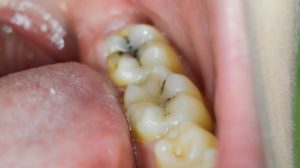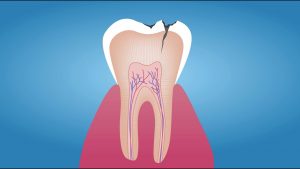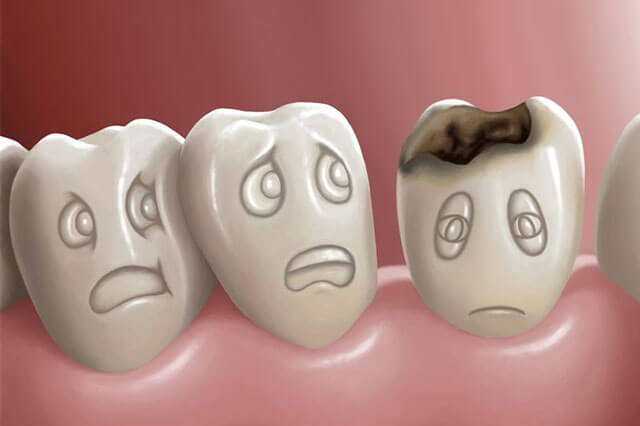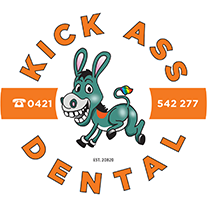How Long Can You Keep a Decayed Tooth? A Comprehensive Guide
Understanding Tooth Decay
The Causes of Tooth Decay
Tooth decay, also known as dental caries, is a common dental problem affecting millions of people worldwide. It occurs when the hard tissues of the tooth, such as enamel and dentin, are damaged and progressively deteriorate over time. Several factors contribute to tooth decay, including poor oral hygiene, a diet high in sugar and carbohydrates, frequent snacking, dry mouth, and certain medical conditions.
The Progression of Tooth Decay
Tooth decay begins with the accumulation of plaque, a sticky film of bacteria that forms on the teeth. The bacteria in plaque produce acids that attack the tooth’s enamel, leading to its demineralization. As the enamel wears away, cavities start to form. If left untreated, tooth decay can progress to affect the deeper layers of the tooth, including the dentin and pulp, causing pain, infection, and potential tooth loss.
Decayed Tooth: Can It Be Saved?
The Importance of Timely Treatment
When a tooth becomes decayed, seeking timely treatment is crucial. Ignoring the decay or delaying dental intervention can worsen the condition, leading to more extensive damage and complications. It is important to understand that a decayed tooth cannot repair itself; only a dentist can restore and save a decayed tooth.

Treatment Options for Decayed Teeth
The treatment for a decayed tooth depends on the severity of the decay. In the early stages, when the decay is limited to the enamel, a dentist can often repair the tooth with a dental filling. This involves removing the decayed portion of the tooth and filling the cavity with a material such as composite resin or amalgam.
If the decay has progressed to the dentin or pulp, more extensive treatment may be necessary. This can include root canal therapy, which involves removing the infected pulp and sealing the tooth to prevent further infection. In severe cases, extraction may be the only viable option.
How Long Can You Keep a Decay Tooth?
The Temporary Nature of a Decayed Tooth
Once a tooth has decayed, it is important to understand that it cannot heal or regenerate on its own. The decay will continue to progress if left untreated, potentially leading to more severe dental problems. Therefore, keeping a decayed tooth for an extended period is not recommended.
The Need for Timely Intervention
The best course of action for a decayed tooth is to seek dental treatment as soon as possible. The longer the decayed tooth is left untreated, the more damage it can cause. Ignoring the decay can result in pain, infection, abscesses, and even the spread of bacteria to other teeth and gums.
Consultation with a Dental Professional
If you suspect you have a decayed tooth or are experiencing dental pain, it is essential to schedule an appointment with a dental professional. They will perform a thorough examination, take X-rays if necessary, and provide appropriate treatment options based on the extent of decay and overall oral health.
Prevention is Key
While it is crucial to seek timely treatment for decayed teeth, preventing tooth decay is always the best approach. Practicing good oral hygiene, including brushing twice a day, flossing daily, and visiting the dentist regularly, can help maintain healthy teeth and prevent decay.
Conclusion
In summary, a decayed tooth cannot be kept for an extended period without proper treatment. Seeking timely dental intervention is essential to prevent further damage and complications. Remember, tooth decay is a progressive condition that will worsen if left untreated. Consultation with a dental professional is crucial for a proper diagnosis and personalized treatment plan.
By addressing tooth decay promptly, you can save your natural tooth and restore its functionality. However, if the decay has progressed extensively, tooth extraction may be necessary to prevent the spread of infection and protect your overall oral health.

To maintain optimal dental health, prevention is key. Adopting a diligent oral hygiene routine, including regular brushing, flossing, and dental check-ups, can help prevent tooth decay and other dental problems. Additionally, be mindful of your diet, reducing your intake of sugary and acidic foods that can contribute to decay.
In conclusion, a decayed tooth should not be kept for an extended period without seeking dental treatment. Timely intervention is vital to prevent further damage and complications. Remember to prioritize preventive measures to maintain a healthy smile and consult with a dental professional for personalized care. Your oral health is an investment worth making, ensuring a bright and confident smile for years to come. For a tooth decay procedure see here.





